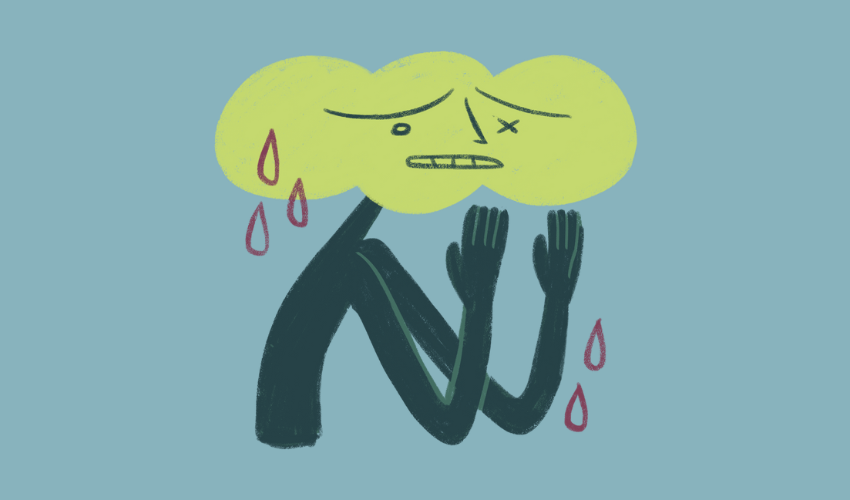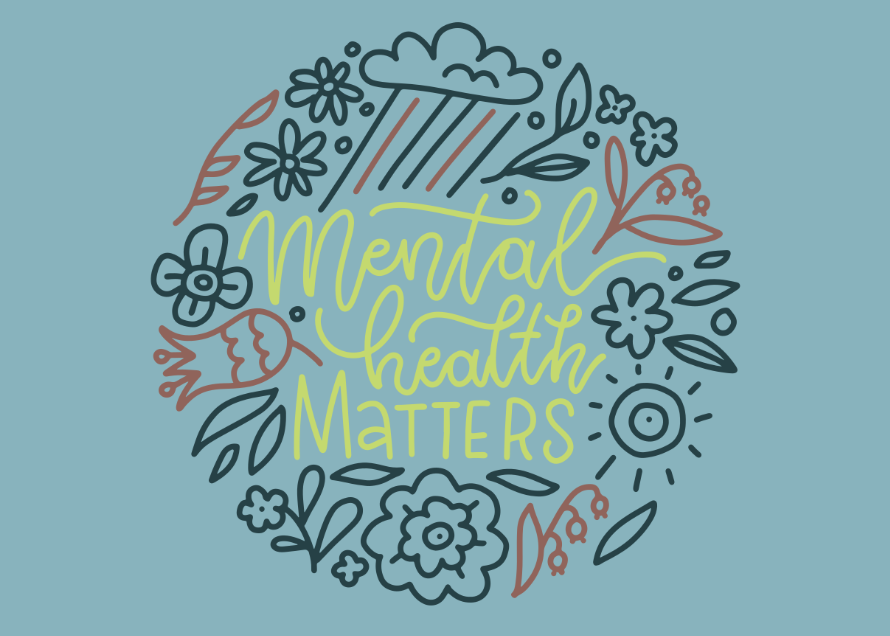How Does Trauma Impact the Brain?
May is Mental Health Awareness Month, which means looking deeper at issues that affect mental health. Trauma heavily impacts mental health and specific areas of the brain – but how?
For people who have experienced trauma such as domestic violence, their brains have developed a way to help keep them safe by reacting to situations in different ways. Traumatic events impact one’s behavior as well as their brain.
There are three specific areas of the brain that are impacted by traumatic events:
The prefrontal cortex, the amygdala, & the hippocampus.
People who have experienced trauma, such as domestic violence, abuse and other types of violence, a serious injury or a natural disaster, and more are at risk for developing a condition called Post-Traumatic Stress Disorder, or PTSD.
PTSD impacts the way in which a person’s brain functions.
What does the amygdala do?
The amygdala helps control emotions, survival instincts, and memory. It’s responsible for our “fight or flight” response, which is a process that encourages a person to get away from people, places or events which might cause them harm.
The effects of trauma on the amygdala:

When someone experiences trauma and is showing signs of PTSD, their amygdala often becomes hyperactive, which makes the person hyper aware of what’s around them. This can make it very difficult for someone to relax, sleep or find joy in activities outside of their “comfort zone.”
What is the function of the hippocampus?
The hippocampus aids in learning and memory.
The effects of trauma on the hippocampus:
 People who have experienced traumatic events may have a smaller hippocampus than those who haven’t, as brain scans have shown that the hippocampus has decreased function in people with PTSD when exposed to something that re-triggers their trauma.
People who have experienced traumatic events may have a smaller hippocampus than those who haven’t, as brain scans have shown that the hippocampus has decreased function in people with PTSD when exposed to something that re-triggers their trauma.
Hormones are released when someone experiences frequent, high levels of stress, which can destroy cells in the hippocampus.This may affect a person’s ability to form memories, but they may still have vivid memories of their trauma. This can cause feelings of extreme panic and fear.
Lastly – the prefrontal cortex. What’s it’s job?
The duty of the prefrontal cortex is to regulate emotions, and is the part of the brain that is responsible for executive functioning or higher-level reasoning and thinking. This intersects with controlling the activity of the amygdala, aka the “fight or flight” response, and acts to calm a person down.
The effects of trauma on the prefrontal cortex:
 In people who have experienced trauma, the prefrontal cortex will have a hard time regulating fear, along with other strong emotions. This can lead to frequent feelings of panic and anxiety, as well as dysfunctional reactions to situations that are not harmful, or irrational fear. Overcoming these irrational fears may be very difficult for a trauma victim.
In people who have experienced trauma, the prefrontal cortex will have a hard time regulating fear, along with other strong emotions. This can lead to frequent feelings of panic and anxiety, as well as dysfunctional reactions to situations that are not harmful, or irrational fear. Overcoming these irrational fears may be very difficult for a trauma victim.
The good news: These changes in the brain are not permanent! Therapy such as Desensitization Therapy and Trauma-Focused Cognitive Behavioral Therapy are two types of treatment for this.Certain medications have been shown to be successful as well.
People experience varying levels of trauma impacts on the brain, ranging from mild to severe. This is why healing from trauma is an individualized process that is different for everyone.
If you or someone you know has experienced trauma, please reach out for assistance to a counselor, primary care doctor, or a close loved one who can help you find someone who can help.
By Becca Schroeder (she/her)
DVN Marketing Specialist
Sources: Women’s Advocates’ NDVH, BanyanMentalHealth

